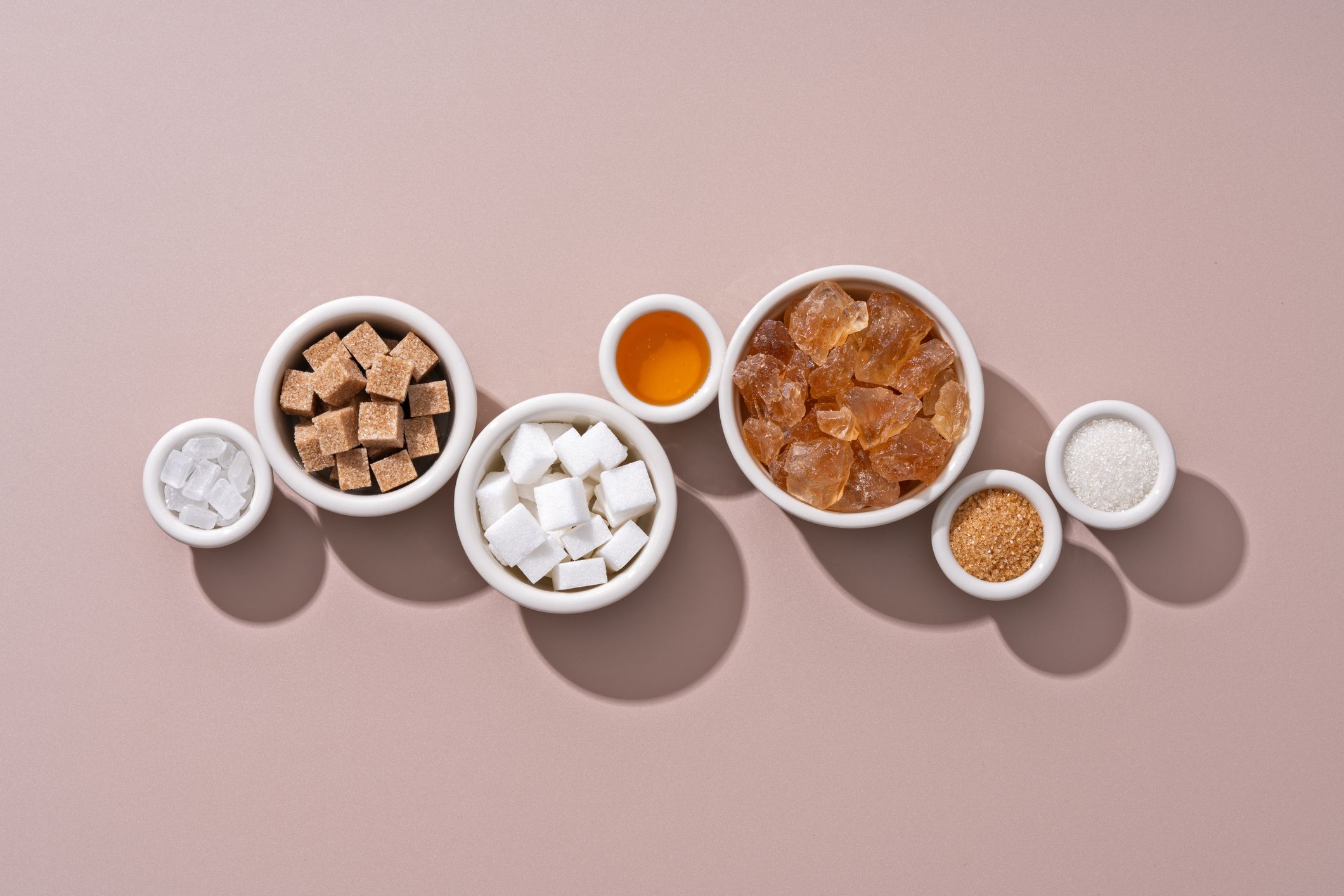Cane Sugar vs. High Fructose Corn Syrup: The Shocking Truth That Could Change Your Health Game Forever
- President Trump recently suggested Coca-Cola should swap out high-fructose corn syrup for cane sugar.
- Experts say that the two are really not that different, and have similar health impacts.
- Here’s what else the top doctors and nutritionists want you to know.
On Wednesday, President Donald Trump suggested on Facebook that he had convinced Coca-Cola to phase out high-fructose corn syrup in its products in favor of cane sugar. “I have been speaking to Coca-Cola about using REAL Cane Sugar in Coke in the United States, and they have agreed to do so,” he wrote. “I’d like to thank all of those in authority at Coca-Cola. This will be a very good move by them — You’ll see. It’s just better!”
It’s clear that high fructose corn syrup isn’t, well, great for you. It’s been linked to an increased risk of type 2 diabetes and heart disease, among other health issues. Plus, it doesn’t look super appealing. In response, more and more companies have started to use more natural forms of sugar in their products, but there are a lot of questions swirling around cane sugar now that President Donald Trump is talking about its perks.
But is one actually “better” than the other? Here’s what you need to know about cane sugar versus high fructose corn syrup, according to experts.
Meet the experts: Spencer Nadolsky, DO, an obesity and lipid specialist physician; Scott Keatley, RD, of Keatley Medical Nutrition Therapy; Keri Gans, RDN, is author of The Small Change Diet.
What is cane sugar?
Cane sugar is fructose (a form of sugar) that’s extracted and refined from the sugarcane plant, explains Scott Keatley, RD, of Keatley Medical Nutrition Therapy. “It is found in everything from baked goods to cereals to beverages, essentially anything labeled with ‘sugar,’ ‘raw sugar,’ or ‘evaporated cane juice,’” he says. “It is often sourced from cane.”
What is high fructose corn syrup?
High fructose corn syrup, on the other hand, is a sweetener made from corn starch, Keatley says. “There are different formulations, but the two most common are HFCS-42 and HFCS-55, the latter being used most often in soft drinks,” he says.
It’s often found in soda, condiments, snack bars, sweetened dairy products, and shelf-stable baked goods, according to Keatley.
Why are they bad for your health?
As with everything, how much of these types of sugar you consume and how you consume it matters. “Neither product is inherently bad, it’s the way we use them which can cause health consequences,” Keatley says. “Both cane sugar and high fructose corn syrup contribute to excessive calorie intake without nutritional benefit.”
Having too much of either one of these products can increase the amount of fat in your blood, mess with how your body processes sugar, lead to fat building up in your liver, and increase inflammation in your body, Keatley says.
Is one better for you than the other?
Nope, consuming one is not worse than consuming the other, according to Spencer Nadolsky, DO, an obesity and lipid specialist physician. (On X, he hilariously compared exchanging one for the other to “rearranging the chairs on the Titanic.”)
“Cane sugar and high fructose corn syrup have very similar clinical outcomes in terms of metabolic health when consumed at similar doses,” he says. “There doesn’t seem to be much of a clinical advantage in terms of metabolic health for either one. Preference is likely dependent on taste.”
This is partly because the two aren’t that different in molecular makeup. Cane sugar is sucrose, which is a molecule that connects glucose and fructose together, Dr. Nadolsky explains. “High fructose corn syrup is a mixture of glucose and fructose.” If you want to get a little more technical, sucrose is 50/50 glucose and fructose, with the molecules connected, while high fructose corn syrup is a mixture of glucose and fructose that isn’t connected, he explains. That means the product is made up of about 55 percent fructose and 45 percent glucose.
“While some feel the sucrose should be better due to the glucose and fructose being connected with slightly less fructose, the studies looking at them don’t show meaningful differences in terms of metabolic health,” Dr. Nadolsky says.
At the end of the day, Dr. Nadolsky says it’s better to limit any and all added sugars in your life, regardless of where they come from.














Post Comment